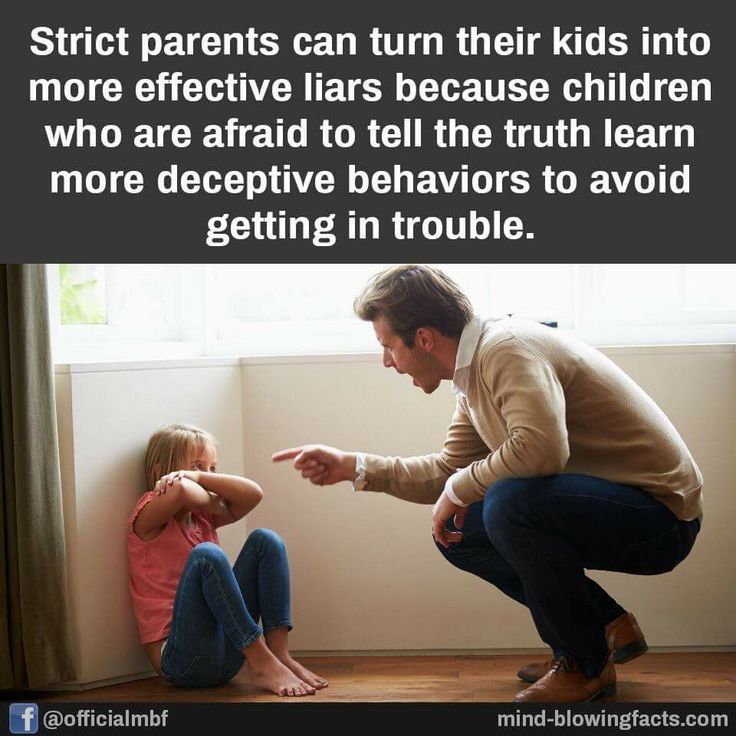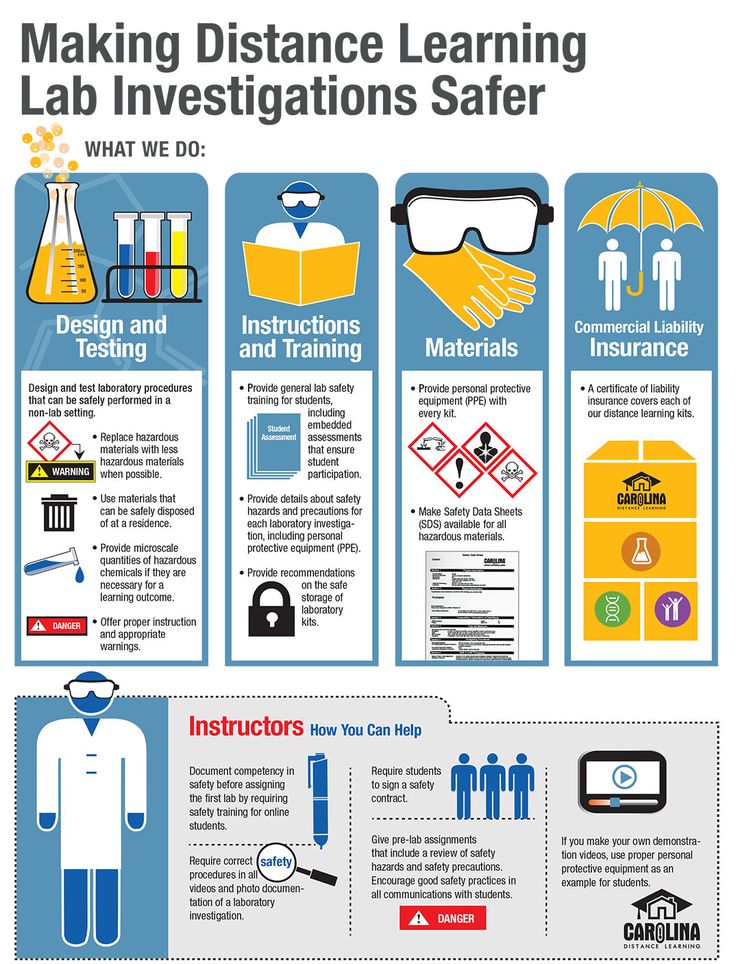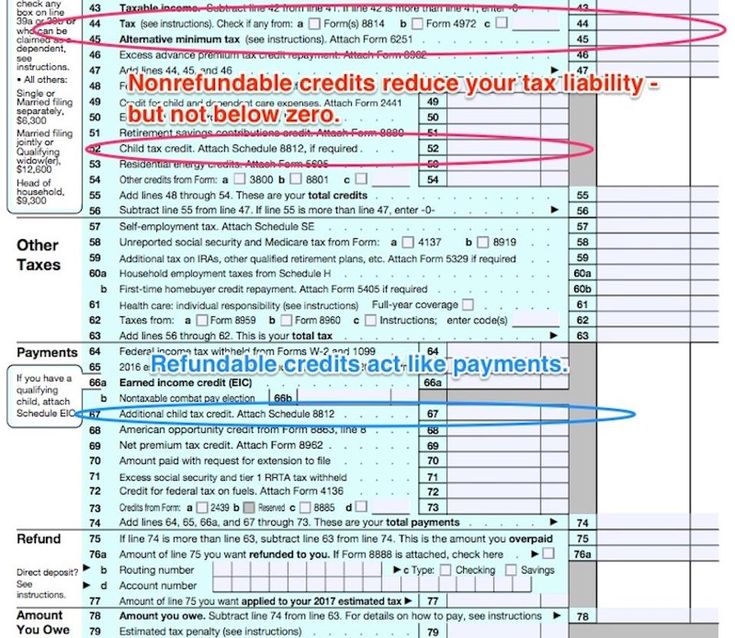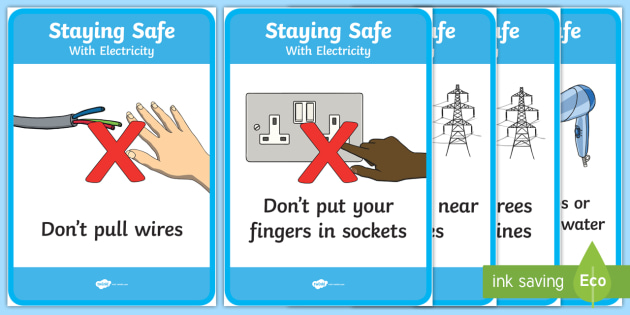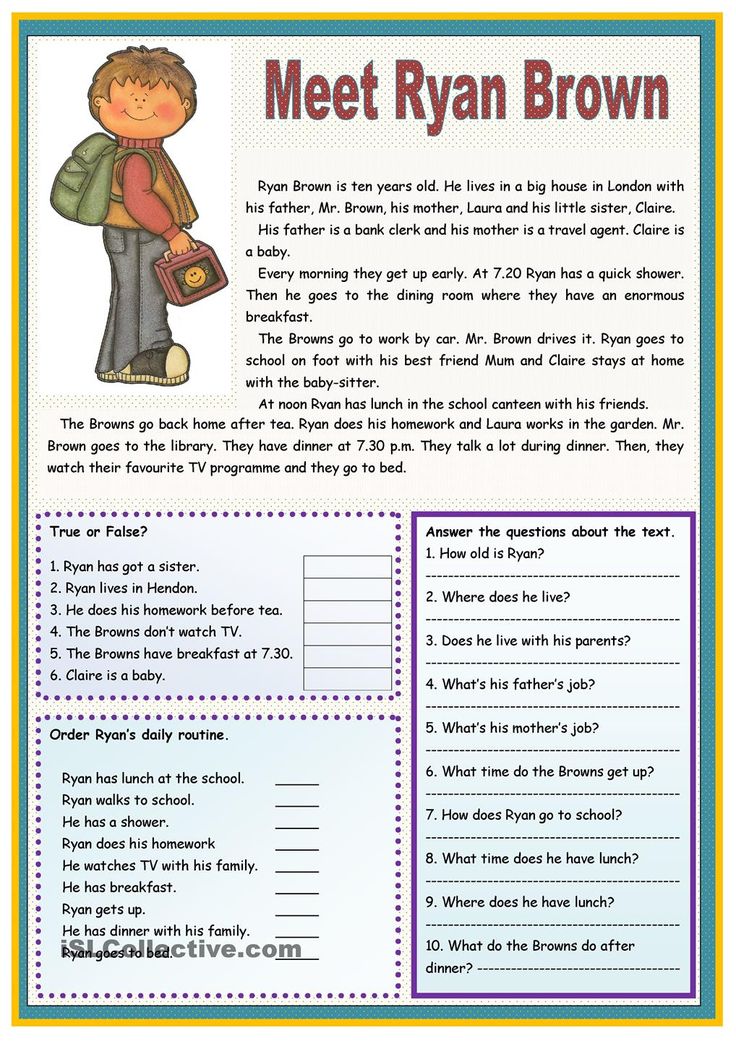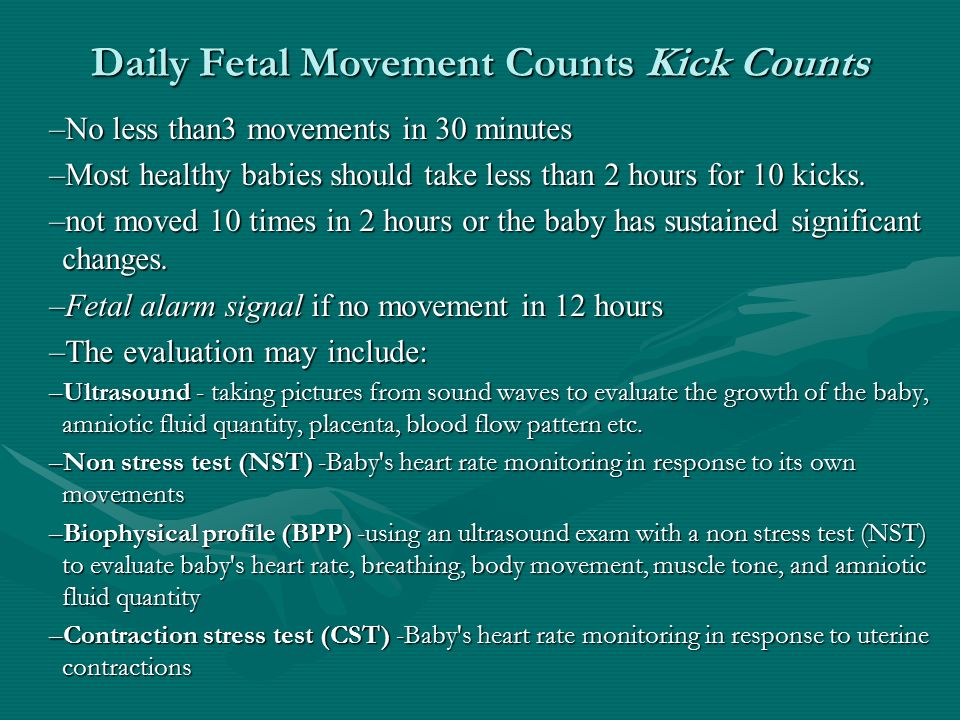How to tell a parent their child needs help
How to talk to a parent when you’re concerned their child may have special needs
As caregivers, we want to provide the best care for our charges. But what happens when you work with a child who behaves or learns in ways that fall outside of your experience? Most importantly, when should you voice your concerns to their parents?
A caregiver may need to inform parents if they observe behavior that is “dangerous to the child or others,” says Kristin Carothers, Ph.D., a clinical psychologist and cognitive behavioral therapist in Atlanta.
She also adds that caregivers should speak up if they notice changes in a child’s behavior or when they have concerns a child is not meeting developmental milestones “like walking, talking, showing interest in others, toileting.”
But what qualifies as unsafe behaviors, developmental delays and signs a child may have different needs? And how do you raise the topic with parents? Experts share their insights below.
Signs and symptoms that something is ‘different’
While it is not the place of a caregiver to provide medical or psychiatric advice, there are a few behaviors or challenges to pay attention to:
Struggles with social interaction
Sometimes, kids are shy. And sometimes, kids are very independent. But are there signs that your charge’s behavior is more than that? Mitch Nagler, MA, LMHC, director of Bridges to Adelphi Program and part of the Adjunct Faculty at Gordon F. Derner School of Psychology in Garden City, New York, says caregivers can monitor their charges for:
-
Difficulty responding when their name is called.
-
Disinterest in communicating at length or at all.
-
Lack of eye contact.
-
Overreacting to loud noises, crowds, etc.
-
Avoiding physical affection.

-
Avoiding new situations or new things (i.e. clothing, foods, etc.).
-
Hyperfixating on objects rather than people.
-
Preferring to play alone rather than with other kids.
Trouble learning
According to Nagler, many kids with ADD, ADHD or learning disabilities exhibit behaviors that indicate frustration or lack of understanding. While every kid learns in a different way, caregivers should pay closer attention if their charge has:
-
Difficulty absorbing new information (i.e. struggling to remember information, frustration when asked what they’ve learned, etc.).
-
Difficulty speaking or learning new words.
-
A tendency to find distractions when they should be focusing on something.
-
Problems “switching gears” from one task to the next.
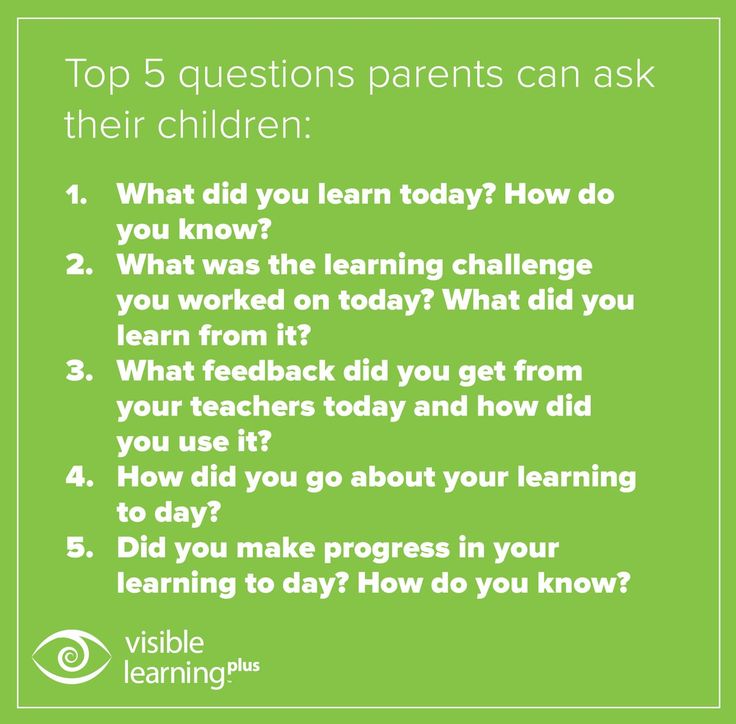
-
Negative reactions to reading or learning activities (i.e. tantrums, refusal to participate, etc.).
Inflexible behaviors and routines
According to Robert Johnson, a therapist and child psychologist at Better Support Service in Miami, caregivers should also keep an eye on charges who must stick to a routine or who must do things in a certain way. Johnson explains that, sometimes, autism spectrum and behavioral disorders show up in behaviors like:
-
Repetitive behaviors and actions (doing things in the same order, following the same routine every day, etc.).
-
Distress over small changes in their surroundings.
-
Refusal to try new foods, new activities, or meet new people.
Diana Fitts, an occupational therapist and founder of the Sensory Toolbox, says caregivers who are new to a family may be especially aware of the above signs. This is because they bring change and may not know the “right” way to do something.
This is because they bring change and may not know the “right” way to do something.
Fitts says that, while many kids have separation anxiety and act up with a new caregiver, “Striving to stick to a strict routine and having a meltdown if it isn’t followed can be a sign that something bigger than separation anxiety is going on.”
Physical hyperactivity
Kids are naturally hyper, but caregivers may have concerns that their charge is overstimulated or “hyperactive.” What would that look like? According to Nagler, there are certain stimulating behaviors that kids with hyperactive disorders (like ADD and ADHD) may exhibit, like:
-
Flapping their hands.
-
Jumping up and down.
-
Spinning.
-
Tapping legs (especially when seated at a desk or table).
-
Drumming fingers.

Talking about your concerns
If you have something to be concerned about, it’s time to have that conversation with parents and then talk to the real experts. Telling a parent or family about our opinions or concerns can be scary, but as caregivers it’s actually our job to make sure that our charges get the best care possible. So stop worrying about whether or not you should, and let’s talk about how.
1. Keep it simple
When you first introduce the topic of your concerns, don’t overdo it.
“Be very gentle about it,” says Dr. Nikola Djordjevic, of Belgrade, Serbia. “Start by describing the child’s behavior. This might be enough for the parents to start thinking about it themselves.”
Licensed child and family psychologist and expert writer at ParentingPod.com Ana Jovanovic also suggests that you use nonjudgmental language when describing your concerns.
“If you’ve seen a child smash and throw things if they lose patience, do not attach ‘aggressive,’ ‘hyperactive’ or other adjectives to it,” she says.
2. Ask for their experience
Jovanovic also recommends that you bring parents into the conversation. Start the conversation with something like: “I wanted to share some of my observations and get your feedback on them. I’ve noticed that, in the past month, your child has [insert behavior]. Have you noticed this as well?”
Asking parents for feedback on your observations can be useful, Jovanovic explains, because it can sometimes shed some light on certain behaviors. Maybe the parents know something you don’t that can help you better care for the child, such as a traumatic event that the child is still working through or how they are working to manage certain behaviors.
“Also, with an open invitation to provide you with their feedback, you are acknowledging their role as responsible and observant parents who pay close attention to their child’s needs, rather than presenting yourself as a critic,” Jovanovic says.
3. Make a plan to monitor the child together
When you first bring up your concerns, keep in mind that it’s simply going to be a conversation that gets you and the parents on the same page. From there, you can monitor the child and work together to find solutions.
Jovanovic offers a great tip to recruit parents in your efforts. She says to tell the parents: “If you agree that [child’s behavior] is a concern, I will pay close attention to it and how it changes while we’re together. I would really appreciate if you could give me updates on whether you’re seeing anything similar while you are spending time together.”
4. Remind parents that you are not the expert
After the initial conversation, parents may ask you if you’ve noticed any changes or if you think a child has a specific diagnosis. This is where it’s important to admit your limits: You’re not a doctor or an expert. You can always provide resources, like relevant (and expert) blogs, books, etc. to help guide the conversation, but always recommend they speak to an expert if there are more specific concerns or questions.
to help guide the conversation, but always recommend they speak to an expert if there are more specific concerns or questions.
“When our nanny had concerns about our child’s behavior, I trusted her opinion so much” says Eryn Mangiers, mom of a daughter on the autism spectrum from Thornton, Colorado. “I just wanted to know what to do and asked a ton of questions. I think I ended up freaking her out a little. After a few days of skirting around the issue, she asked that I talk to a doctor or make an appointment with my kid’s school counselor. I realized that I was asking for answers she couldn’t give me, but I’m glad she directed me to the resources we really needed.”
5. Be patient
Don’t expect the first conversations about your concerns to lead to an immediate evaluation or a mad dash to fix “all the things.” Some parents may not be ready to do anything right away; some require a little time to warm up. Don’t take this personally, or assume the worst of them.
“When I first started working with my newest charge, I noticed she was really focusing on objects rather than faces when someone spoke to her,” says Jenny Ochoa, a day care teacher and nanny from Miami. “I didn’t know the family well enough yet, so I held back my questions for a few weeks. Once I broached the subject (gently), they immediately said that she was just a baby and that it was totally normal to not look at faces.”
Ochoa conceded to the parents’ opinions and let it go until one day when the mom asked if Ochoa felt her daughter’s eye contact had improved. This led to an open conversation about how they could work together to assess the child’s reactions and to talk to the family pediatrician about their concerns.
Focus on what’s best for the child
Regardless of which behaviors or symptoms you’re concerned about, the age of your charge or what your relationship is with his or her parents, it’s your job as a caregiver to advocate for them.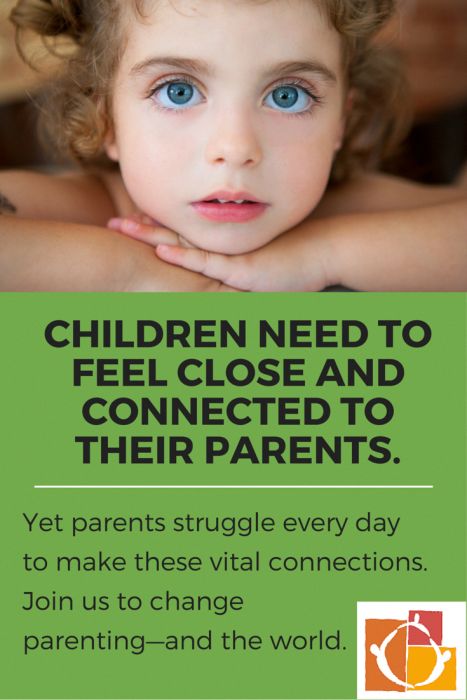
“Encourage parents to get professional support and intervention,” says Nagler. “Interventions can begin as early as 18 months.”
He says this can make all the difference for children with a wide range of challenges.
Of course, this can be an emotional time for both you and the family, but as Djordjevic explains: “Don’t push the topic. Show that you are well-meaning and kind and that you sincerely care for the child.”
Discussing Developmental Concerns with Parents
Resources >
- Encouraging Healthy Development
- Newborn
- 1 Month
- 2 Months
- 3 Months
- 4 Months
- 6 Months
- 9 Months
- 12 Months
- 18 Months
- 2 Years
- 3 Years
- 4 Years
- 5 Years
- Resources Directory
- Glossary
- Child Development Articles and Resources in MN
- Resources For Professionals
- Diagnosed Conditions Affecting Development
- Discussing Developmental Concerns with Parents
- Order Materials
- Request a Presentation
- Parent Stories: Finding Support through Help Me Grow MN
Services are free!
Regardless of:
- Income
- Immigration Status
Educators and child care providers have a responsibility to monitor a child’s development. As soon as a developmental delay or special need is suspected, it is important to report this to a parent in an in-person meeting. This will help ensure that the child will have access to early and appropriate interventions, if needed. Here is a guide on having these conversations.
As soon as a developmental delay or special need is suspected, it is important to report this to a parent in an in-person meeting. This will help ensure that the child will have access to early and appropriate interventions, if needed. Here is a guide on having these conversations.
Prior to the Meeting
- Schedule the meeting ahead of time. Don't try to fit it into a hectic pick-up or drop-off time.
- Tell the parents what the topic of the meeting will be.
- Hold the meeting in an area that is private and comfortable.
- Document concerns and collect data over a period of time. Document any modifications you’ve made to meet the child’s needs and the results. Monitor development by comparing age-appropriate milestones with the development of the child.
- Prepare what you are going to say. Think about the words you will use and what those words will mean to the parents.
During the Meeting
- Start by talking about the child's strengths.
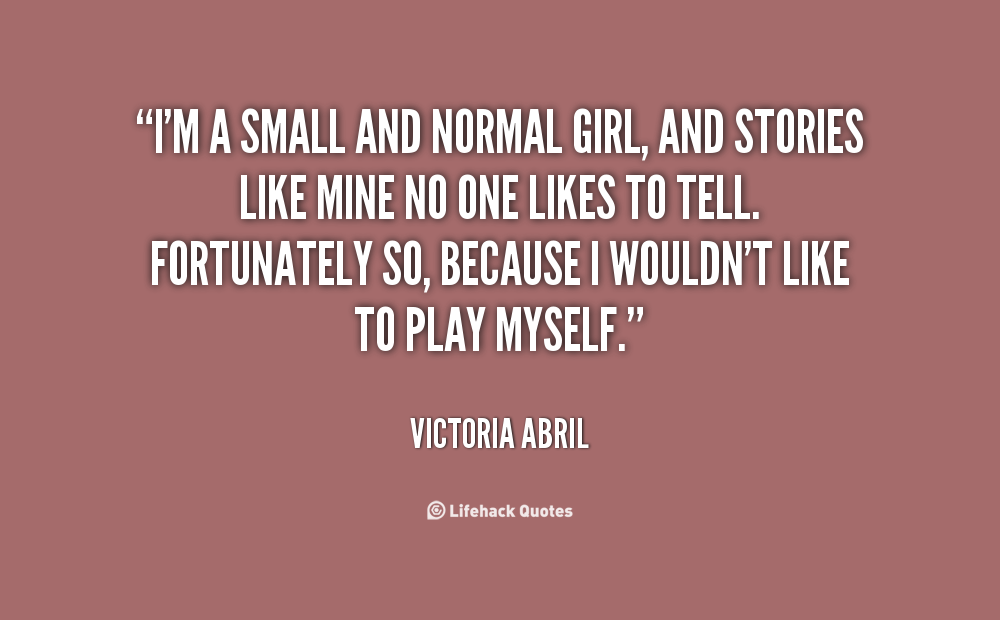 Lead into the discussion of concerns by encouraging the parent to share observations, questions or concerns. Ask questions that will allow a parent to share his/her own observations, then share your own. This encourages a back-and-forth conversation that may validate a parent’s hidden concerns and fears.
Lead into the discussion of concerns by encouraging the parent to share observations, questions or concerns. Ask questions that will allow a parent to share his/her own observations, then share your own. This encourages a back-and-forth conversation that may validate a parent’s hidden concerns and fears. - When communicating your concerns, use a developmental checklist. This provides a visual and gives parents something to think about without putting a label on it. It helps get the conversation started and the information is objective.
- Be supportive and respectful.
- Practice active listening techniques.
- Be calm, but show your concern.
- Focus on developmental milestones, specific behaviors and the need to “rule out” possible concerns.
- Be honest but kind. Give parents accurate information in a nonjudgmental way, such as, “Based on the developmental checklist we completed, your child is not meeting his/her developmental milestones” or “Your child seems to be learning in a different way.
 ”
” - Be open to trying a parent’s suggestions.
- Reassure parents that you will support them and their child.
- Explain the role and importance of early identification and intervention for developmental concerns.
- Refer to other resources, such as the child’s health care provider or refer a child through Help Me Grow.
- End the meeting in a positive way and with a plan that may include follow-up with other resources.
What Happens After Referral?
The family will be contacted by the local school district to arrange for a screening or evaluation to determine if a child is eligible for Infant and Toddler Intervention or Preschool Special Education services.
Tips for Successful Conversations
- Be careful not to use jargon, acronyms and labels.
- Do not diagnose. This should only be done through a comprehensive developmental or medical evaluation.
- Acknowledge a parent’s concerns if they are not the same as yours.

- Remember that parents may they tell you that you are wrong. Find out what the parents see their child doing in other situations. Agree to revisit the issue and check in again.
How do I tell my parents that I need a psychologist?
What does a child psychologist do?
Each age has its own problems, in the life of children, as well as adults, difficulties arise, for adults the problem of a child seems like a trifle, but for a child it is a disaster, because there is no experience in this. And there is a professional who studies in order to help children cope with various difficulties, experiences, emotions, feelings - this is a child psychologist.
He studies the characteristics of each age and helps children cope with crises
- helps to adapt among peers
- unwillingness to attend kindergarten or school
- long games on the computer
- fears
- helps in communicating with peers
- aggression, etc.
to a psychologist?
- Difficulties in socialization with peers - lack of friends, bullying
- Suicidal behavior
- Self-destructive behavior - drug, alcohol, cigarette addiction
- Self -confusion (cuts, burns, bruises, hair torn out)
- Frequent conflicts with parents
- Career guidance
- Frequent outbursts of
- DOSUME ACTIVIDE
- School
Problems - Age of School
- Loss of loved ones and relatives
- fear (before the class, teacher)
- computer, game addiction
- moving to another city, country
- Loss of interest in hobbies, study, communication
- Crises in adolescents
- Divorce of parents
- Eating disorders
- Reluctance to go to school
How do I tell my parents that I need a psychologist?
When you, as a teenager, realize that you can’t cope with feelings, emotions, recommendations and advice from friends do not help, and for some reason you don’t want to tell your parents and relatives anything about yourself, it’s time to turn to a child psychologist. How can you tell your parents:
How can you tell your parents:
- talk to your parents, showing the seriousness of your intentions and justify your desire
- that there is some kind of problem and would like to understand how to solve it and understand yourself better
- share your feelings with your mother about how bad you feel , no mother can ignore your words
- if mother does not hear about your requests, try to contact another adult (dad, brother, teacher, relatives) so that they can give mother a strong recommendation. nine0005
Can a psychologist work with a child without the knowledge of the parents?
Only in extreme cases, the psychologist can help the child, but must inform the parents about the treatment and about the emotional state of the child.
In Ukraine and Russia there is free psychological support for children, where a child can call anonymously and free of charge and professionals will help and advise on his issue without the knowledge of his parents.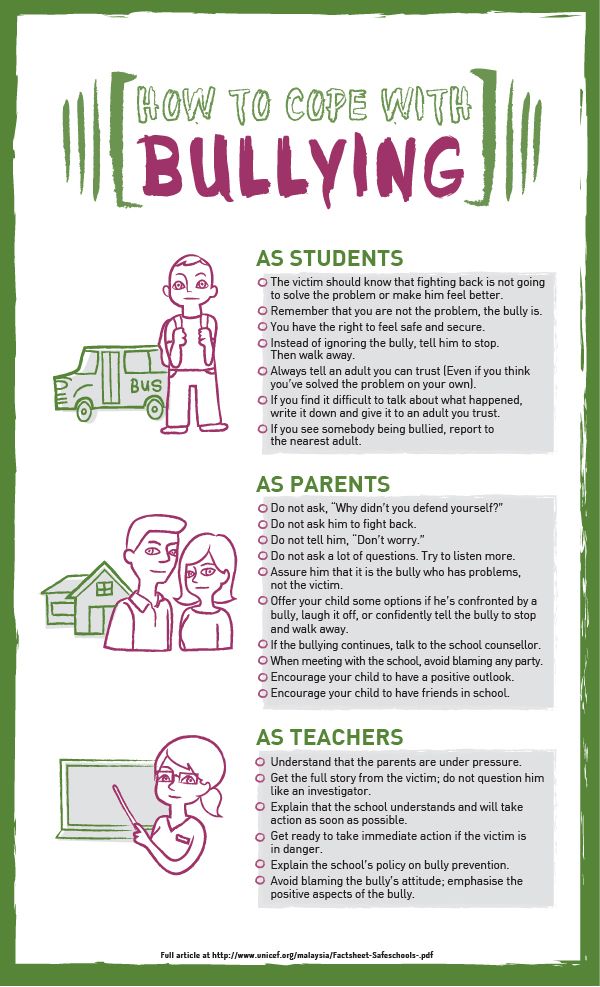
Until the age of majority, parents or guardians are responsible for the child. nine0005
Mom wants to take her to a psychologist
If you are a parent: The importance of going to a child or adolescent psychologist needs to be argued. You should not press or impose, these actions will only increase the resistance of the child.
In a calm atmosphere, you need to talk with the child about the work of a psychologist, dispel myths, ask the child's opinion about a consultation with a psychologist. Talk about confidentiality, about the fact that if something does not want to be told to a psychologist, no one will force you. nine0005
If you are a child and they want to take you to a psychologist
The first thing that arises is anxiety and fear, the unknown scares. You may not know or not understand how a psychologist works, the fear that if classmates find out they will laugh at you and consider you a “psycho”, but your worries are in vain.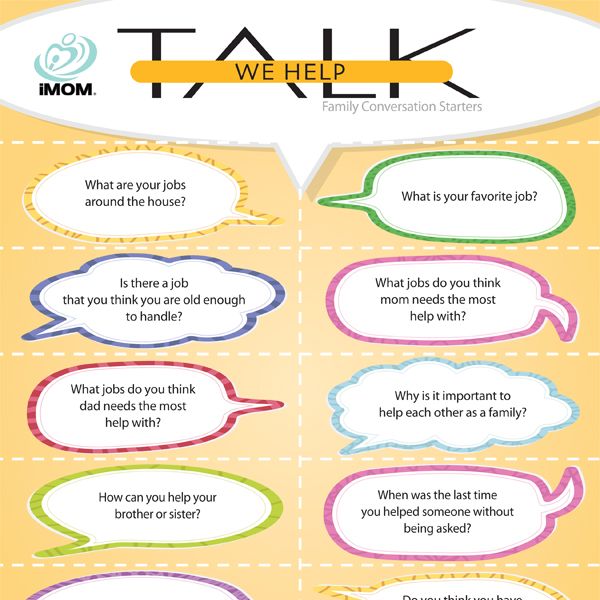
You will also have many emotions for your parents, you will be angry, resist and resent them and with the words: “you need you and go”, “you need to go to him”, “why, everything is fine with me”, “oh what will I say there? and this is a normal reaction. It is important for you to understand that if your parents want to take you to a psychologist, they must answer the following questions for you:
- who is a psychologist, psychotherapist;
- what does he do;
- dispel "myths" about psychologists;
- can a psychologist tell parents, teachers about your conversation? etc.
For yourself, you must clarify and ask questions that worry, worry and interest you. Only after you formulate your questions will the level of anxiety, aggression and fear decrease.
At what age can a child be taken to a psychologist?
You can visit a child psychologist from any age. The specialist first of all advises parents. The child's symptom is a kind of indicator of the psychological atmosphere in the family.
Behavioral disorders are a natural defensive response that may be associated with changes in lifestyle habits.
If parents are against a psychologist
Some parents do not want to bring their child to a child psychologist for various reasons. nine0005
- Parents are afraid and do not want to change something in the family
- They try to cope with difficulties themselves, read books, listen to lectures on the Internet, consult with relatives, acquaintances, friends. Relying on yourself.
- Fear of "labels" that if a child goes to a psychologist, something is definitely wrong with him.
- Some go into “denial of the problem” and say: “it will go away on its own”, “it will outgrow”
- They are also afraid to face feelings of guilt, fear that “they are bad parents”, “they raised the child poorly”. nine0005
But it is difficult to convince parents, it is important that they themselves realize and accept the fact that they can no longer cope with the child, and they need the help of a psychologist.
Can a psychologist tell parents what happened at the consultation?
Child psychologist respects confidentiality. He has the right to tell parents only in rare cases: it threatens the life of the child or threatens the lives of others. In all other cases, all dialogues remain between the psychologist and the child. nine0005
__________________________________________________________________________________
To sign up for a consultation with the author of the article, follow the link
How to tell your parents that you need a psychologist?
How to say to parents, ...
ago
1
...
...
2
forward
9000 nine0186
#5
Guest
Don't tell your parents. You are still attached to some clinic, go there, tell the doctor about it.
#6
#7
#7
#7
carry this cross.
#8
#9
#10
Guest
Why do you want to tell them? Do you hope to find contact with them and attention?
#11
When the aunts with vapored noses, condemning all and all, who consider themselves incomprehensible for what reasons and achievements above others, useless children grow up - this is just the law of the investigation.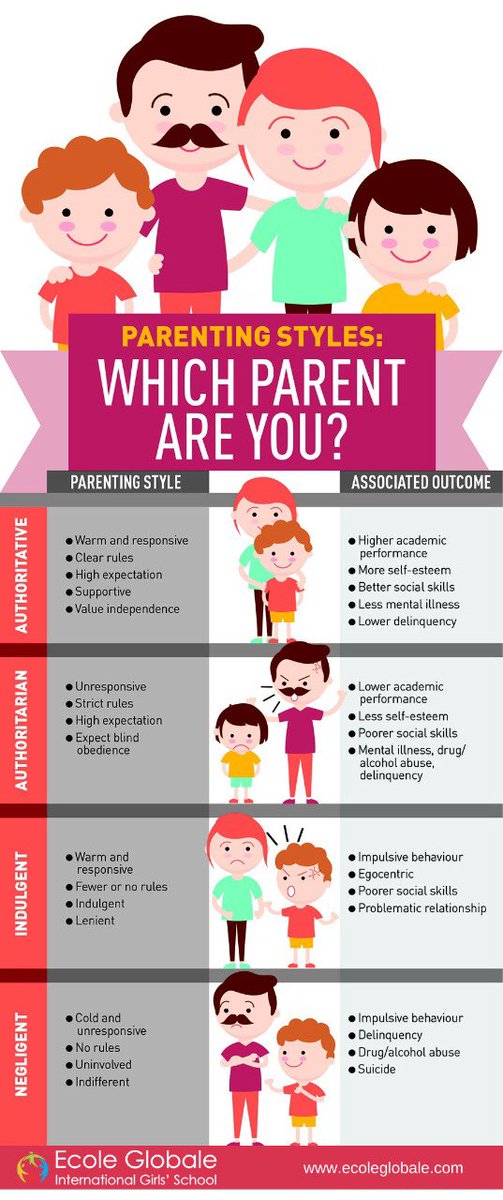 nine0005
nine0005
#13
Guest
Why should people waste their soul resources on useless, weak, aching people?
After all, it is clear that there will be no sense from them in anything!?
"Whining, not working, hiding" is also a choice
#14
Guest
Are you talking about yourself and your useless mother?) 9017 2 9000 May 2021, 03:02
#15
Guest
I understand. What could be more miserable than a married man sitting at night on a woman's forum and writing game that is of no interest to anyone)
***.
#16
Guest
About you and your unnecessary mother
9000 9000 a man sitting on a women's forum and in real life covering up his complexes with show-offs is squalor.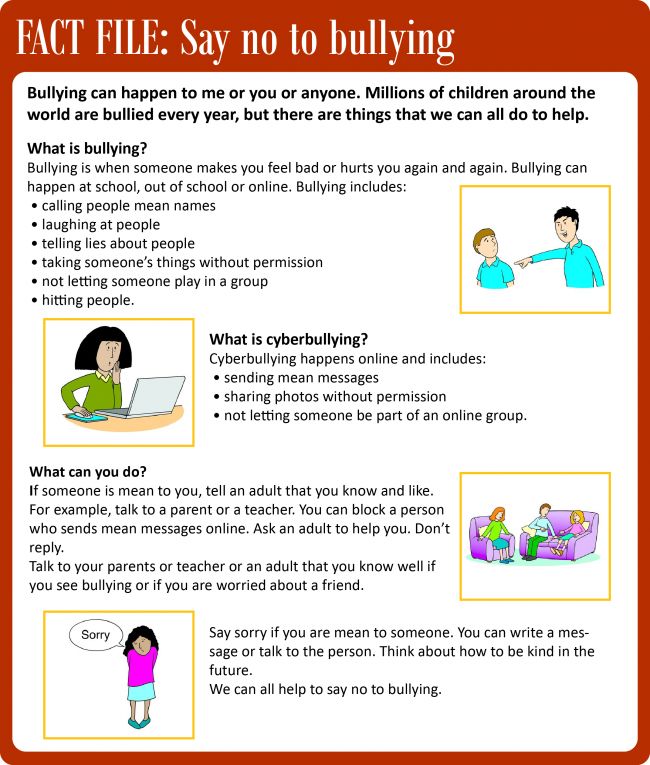 nine0005
nine0005
#18
Guest
Exactly.
A miserable miserable useless loser who climbs and sniffs out some women, having a family.
Who can be even weaker than THIS? nobody.
#19
#20
Guest
A miserable miserable useless loser who climbs and sniffs out some women, having a family. nine0215 Who can be even weaker than THIS? nobody.
#21
Guest
Even sit here at night and rivet mountains of posts. This is thrash.
Zashkvarishche full)
1 012 answers
The man immediately warned that all property was recorded for children
831 answer
Such a salary - I do not want to do not want to work
561 answer
A lie 22 years long. How to destroy?
822 answers
Husband left, 2 months of depression.
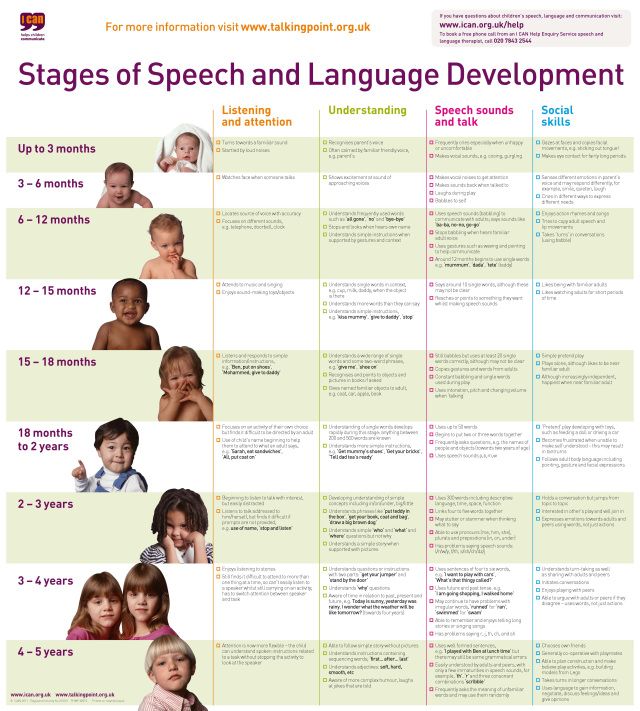 .. How will you cope if you are left all alone? nine0085
.. How will you cope if you are left all alone? nine0085 185 answers
#38
#41
#42
All "problem" one piece of advice - be offline. Then the stream 💩 from tiktok will stop getting into your head. That you are like the chosen ones, or you are like *** only they didn’t tell you about it, or the flow of nonsense from the death note, etc.

And suddenly you don't have any problems. Except for one thing - boredom. Well, if you can't do it, then the strongest survive.
#44
#45
Children, I don't understand, do you have girlfriends?
#47
#48
Lisa Stafford
It's cruel, you shouldn't treat people like that.